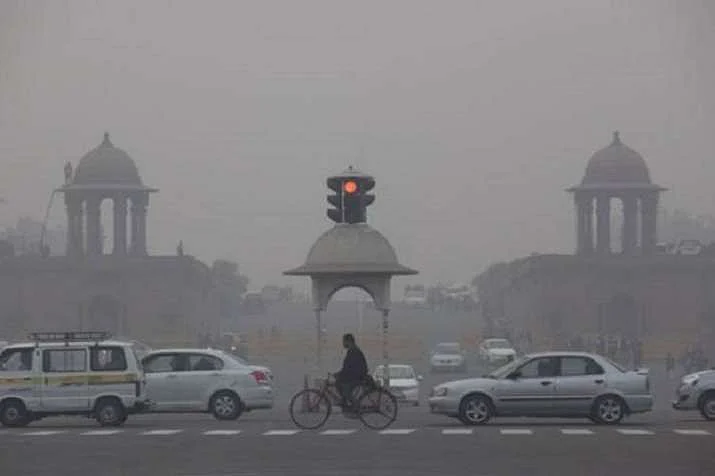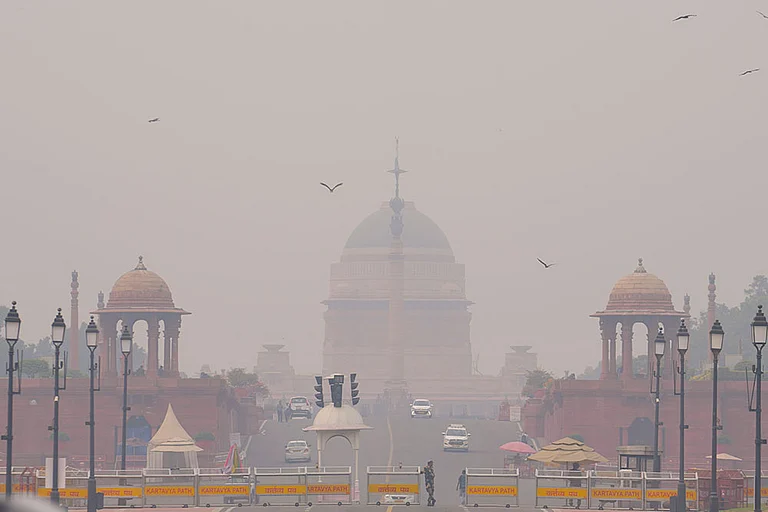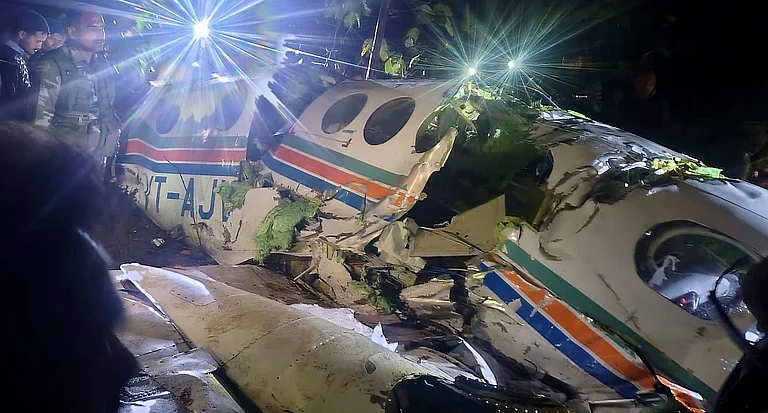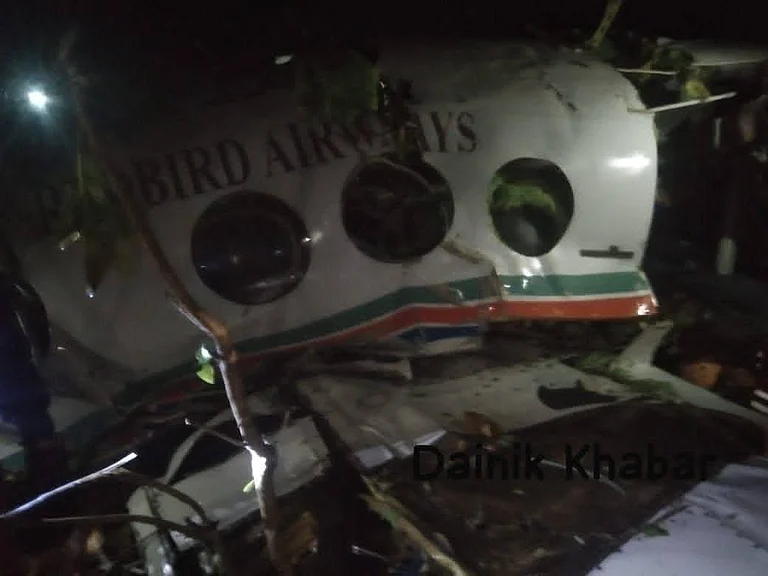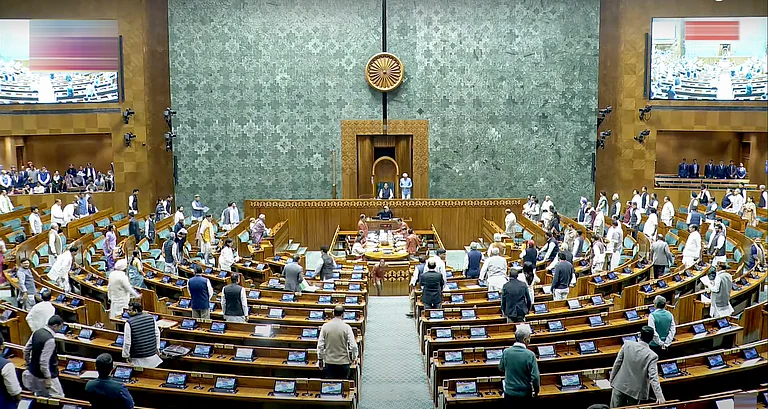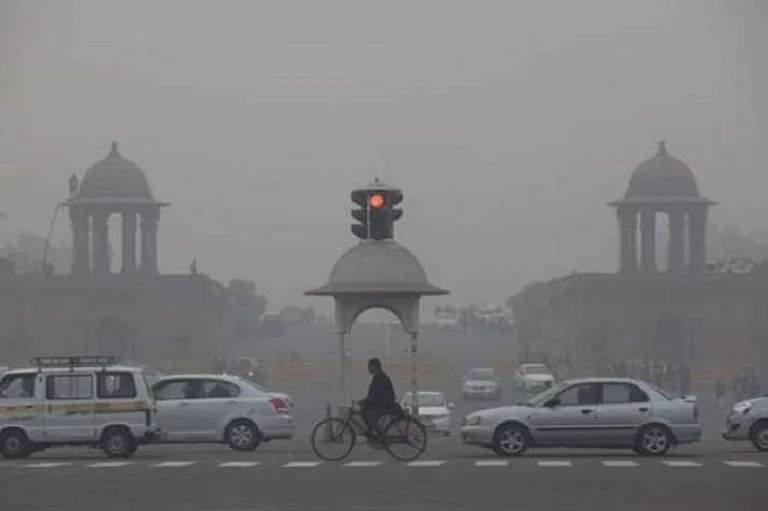
Summary of this article
Even as Delhi continues to choke on hazardous air, the Municipal Corporation of Delhi has allowed more than Rs 28.77 crore from the National Clean Air Programme to remain unused over the past two years.
The response also points to delays in uploading progress data for Delhi on the PRANA portal, the national dashboard for tracking NCAP implementation.
The RTI was filed by Noida-based environmentalist Amit Gupta.
Even as Delhi continues to choke on hazardous air, the Municipal Corporation of Delhi has allowed more than Rs 28.77 crore from the National Clean Air Programme to remain unused over the past two years, an RTI response has revealed.
According to utilisation certificates submitted by the Municipal Corporation of Delhi (MCD) to the Union Environment Ministry, the civic body entered the 2023–24 financial year with Rs 26.6 crore left over from earlier allocations. Delhi received an additional Rs 8.93 crore under the NCAP during the same year, raising the total funds available to more than Rs 35.3 crore.
Yet the documents show that the corporation used only Rs 5.19 crore in 2023–24, leaving Rs 30.11 crore untouched at the close of March 2024.
In the next financial year, 2024–25, Delhi began with this unspent sum and earned around Rs 75 lakh in interest, bringing the pool of funds to Rs 30.8 crore. But by March 2025, the MCD had spent only Rs 1.34 crore, leaving Rs 29.5 crore lying idle, the reply states.
Under NCAP, Delhi is expected to undertake a range of pollution-control measures, including mechanised sweeping, water sprinkling to suppress dust, air-quality monitoring infrastructure, green buffers, and improvements in waste management. However, inspection details cited in the RTI reply note that ground-level implementation was “not that much effectively” carried out, and the utilisation of funds “needs to be increased”.
The response also points to delays in uploading progress data for Delhi on the PRANA portal, the national dashboard for tracking NCAP implementation.
The records further indicate that several of Delhi’s obligations under the ‘Air Quality Challenge Method’, a reform-linked framework that influences future NCAP funding, remain incomplete. For example, the city has still not registered under the Extended Producer Responsibility framework of the Plastic Waste Management Rules, and E-waste collection centres have not been notified on the official portal. Additionally, key steps aimed at reducing vehicular emissions, such as launching automated testing stations and vehicle scrapping facilities, have yet to become operational.
The RTI was filed by Noida-based environmentalist Amit Gupta.
Meanwhile, Delhi continues to battle severe air pollution. On Tuesday, the city’s Air Quality Index slipped into the ‘severe’ category, a level that can adversely affect even healthy individuals, after crossing 400. Air quality remained ‘severe’ through Thursday, before marginal improvement pushed it into the ‘very poor’ range on Friday.
As per the Central Pollution Control Board, an AQI of 0–50 is considered good, 51–100 satisfactory, 101–200 moderate, 201–300 poor, 301–400 very poor, and 401–500 severe.
With PTI inputs


